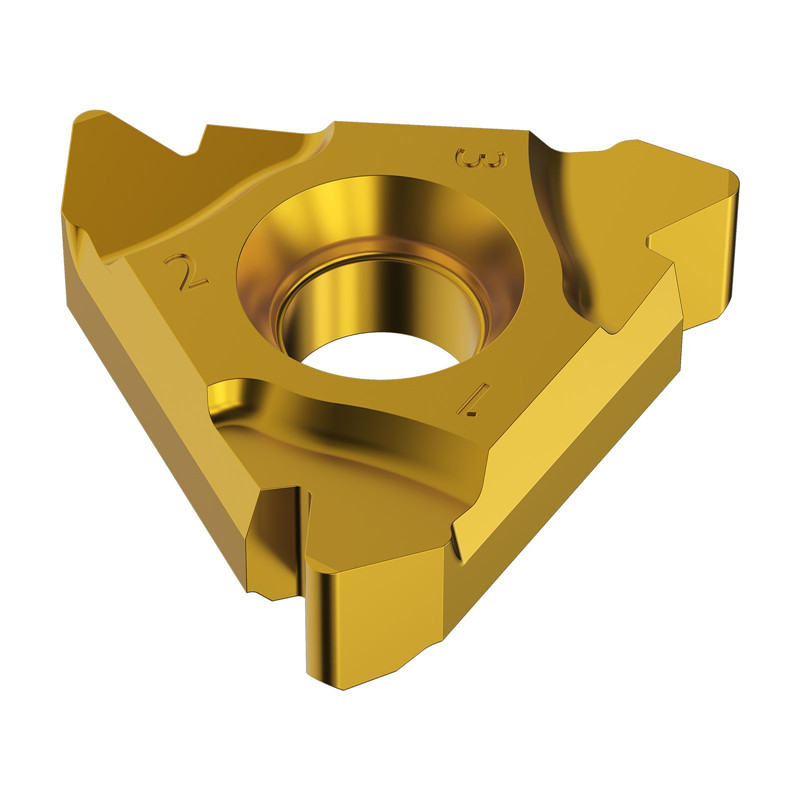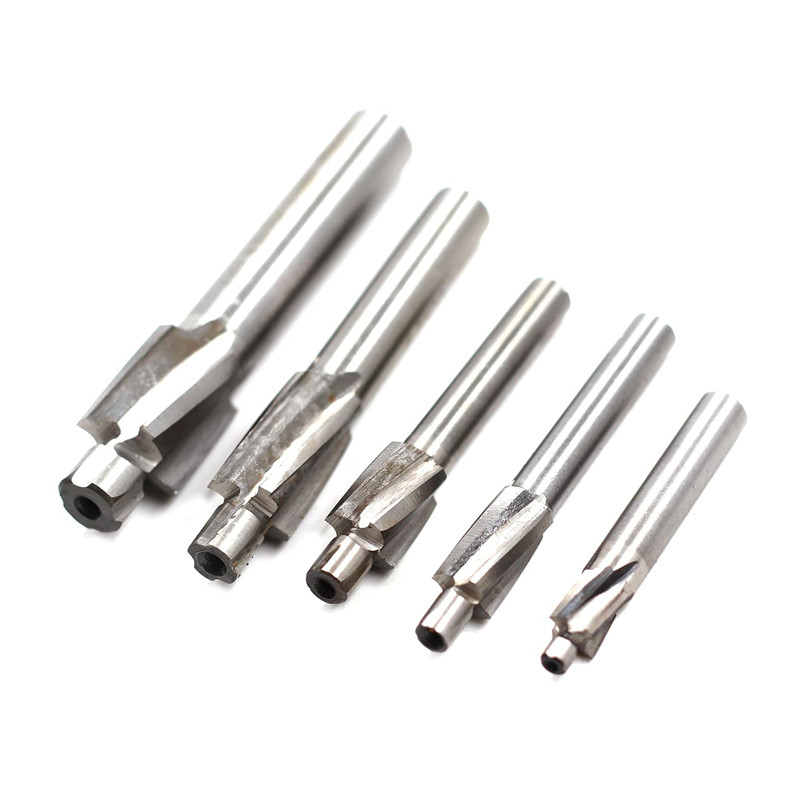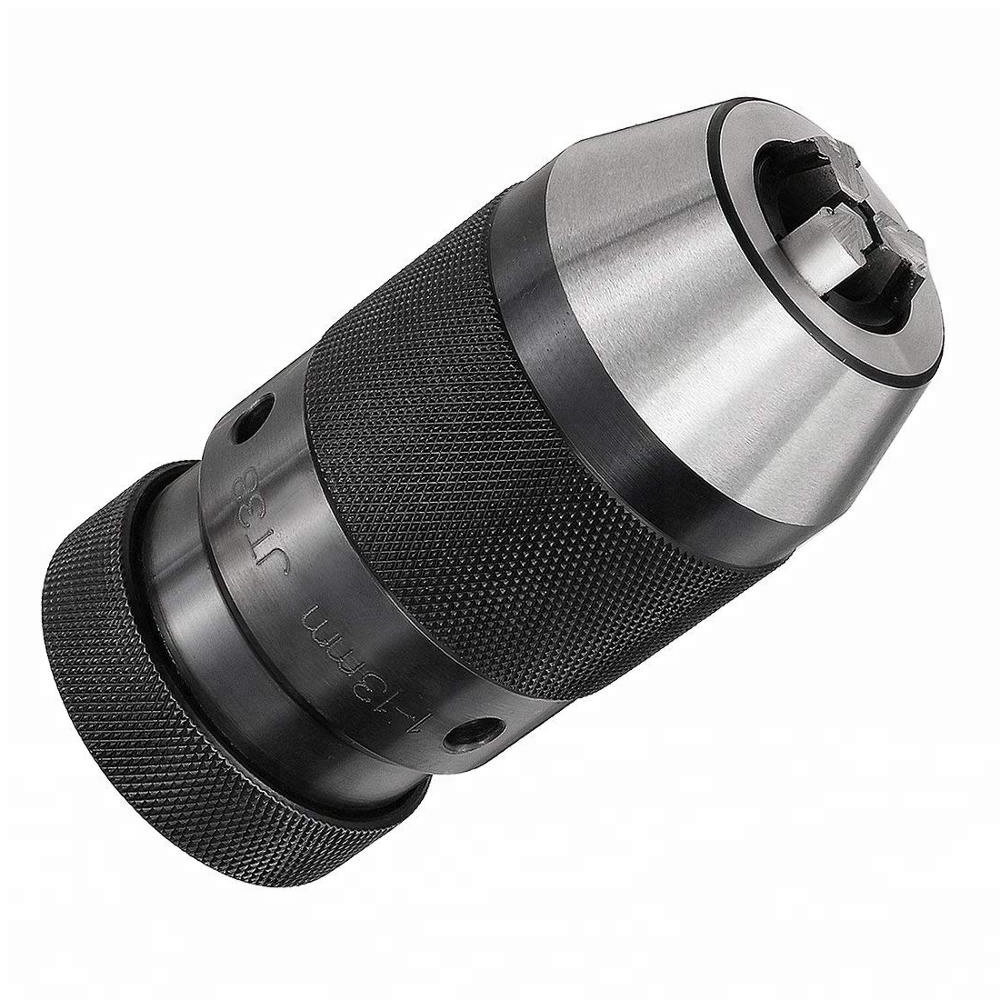hex collet block Factories
Hex collet blocks are essential tools for machinists, providing precision and versatility in holding workpieces for various machining operations. This guide explores the key aspects of selecting the right hex collet block factory, understanding their capabilities, and ensuring you receive high-quality products. We'll cover everything from material selection and manufacturing processes to quality control and customization options, helping you make an informed decision for your specific needs.
Understanding Hex Collet Blocks
A hex collet block is a precision tool used to hold hexagonal or round workpieces securely and accurately during machining operations like milling, drilling, tapping, and grinding. They are typically made from hardened steel or other durable materials, offering excellent rigidity and stability. Their design allows for quick and easy indexing, making them ideal for producing parts with multiple faces or features.
Key Features and Benefits
- Precision Holding: Provides accurate and repeatable workpiece positioning.
- Versatility: Accepts various collet sizes to accommodate different workpiece diameters.
- Durability: Made from hardened materials for long-lasting performance.
- Quick Indexing: Facilitates efficient machining of multiple sides or features.
- Ease of Use: Simple and fast workpiece loading and unloading.
Choosing the Right Hex Collet Block Factory
Selecting the right hex collet block factory is crucial to ensure you receive high-quality products that meet your specific requirements. Consider the following factors when making your decision:
Experience and Expertise
Look for a factory with a proven track record in manufacturing precision machining tools. Experience in producing hex collet blocks specifically is a significant advantage. Wayleading Tools, with its decade of experience, exemplifies this expertise, focusing on delivering top-notch solutions for your machining requirements. You can explore their offerings further at www.wayleading.com.
Manufacturing Capabilities
Assess the factory's manufacturing capabilities, including their equipment, technology, and processes. Do they have CNC machines, grinding machines, and other equipment necessary for producing high-precision hex collet blocks? Understanding their quality control measures is also essential.
Material Selection
The material used to manufacture the hex collet block greatly impacts its durability and performance. Common materials include hardened steel (e.g., 4140, 1045 steel) and high-quality alloys. Ensure the factory uses materials that meet your specific application requirements. The hardness of the steel affects its resistance to wear and deformation under load.
Quality Control
A robust quality control system is vital to ensure the accuracy and reliability of hex collet blocks. Inquire about the factory's inspection processes, including dimensional measurements, surface finish checks, and material testing. Certifications like ISO 9001 demonstrate a commitment to quality management.
Customization Options
If you require custom hex collet blocks to meet specific workpiece dimensions or machining requirements, ensure the factory offers customization options. Discuss your specific needs with the factory to determine if they can accommodate your requests.
Key Considerations When Ordering Hex Collet Blocks
Before placing an order with a hex collet block factory, consider the following:
Collet Size
Determine the collet size(s) you need to accommodate your workpieces. Common collet sizes include ER-16, ER-25, ER-32, and ER-40. The hex collet block must be compatible with the collet system you are using.
Accuracy and Tolerance
Specify the required accuracy and tolerance for the hex collet block. Tighter tolerances generally result in higher precision but may also increase the cost. Understand the factory's capabilities in achieving the required accuracy.
Material and Hardness
Clearly define the required material and hardness of the hex collet block. This will ensure that the block can withstand the machining forces and environmental conditions.
Indexing Accuracy
If indexing is critical to your application, specify the required indexing accuracy. The indexing accuracy is the precision with which the block can be rotated to different positions.
Comparing Different Types of Hex Collet Blocks
Different types of hex collet blocks are available, each with its own advantages and disadvantages. Here's a comparison of some common types:
| Type | Advantages | Disadvantages | Typical Applications |
|---|---|---|---|
| Standard Hex Collet Block | Simple, cost-effective | Limited features | General machining |
| Indexing Hex Collet Block | Precise indexing, repeatable | More expensive | Machining multiple faces |
| Floating Hex Collet Block | Compensates for misalignment | Less rigid | Grinding, light machining |
Working with a Hex Collet Block Factory: Best Practices
To ensure a smooth and successful experience when working with a hex collet block factory, follow these best practices:
Clear Communication
Communicate your requirements clearly and concisely. Provide detailed drawings, specifications, and any other relevant information. Address any questions or concerns promptly.
Realistic Expectations
Understand the factory's capabilities and limitations. Be realistic about lead times, pricing, and customization options. Avoid demanding unrealistic deadlines or specifications.
Regular Follow-up
Maintain regular contact with the factory to track the progress of your order. Address any potential issues proactively. Schedule regular meetings or calls to discuss any concerns.
Thorough Inspection
Upon receiving your hex collet blocks, conduct a thorough inspection to ensure they meet your specifications. Verify the dimensions, surface finish, and material hardness. Report any defects or discrepancies immediately.
Finding Reliable Hex Collet Block Suppliers
Locating reliable suppliers requires diligent research. Consider these methods:
- Online Directories: Platforms like Alibaba, IndustryNet, and ThomasNet host listings of manufacturers and suppliers.
- Trade Shows: Attending industry-specific trade shows provides opportunities to meet suppliers face-to-face and assess their products.
- Referrals: Seek recommendations from colleagues or other businesses in your industry.
Conclusion
Choosing the right hex collet block factory is essential for achieving precision and efficiency in your machining operations. By carefully considering the factors outlined in this guide, you can make an informed decision and ensure you receive high-quality products that meet your specific needs. Remember to prioritize experience, manufacturing capabilities, material selection, quality control, and customization options. Consider contacting Wayleading Tools at www.wayleading.com for your hex collet block needs.
Related products
Related products
Best selling products
Best selling products-
 APKT Milling Insert For Indexable Milling Cutter
APKT Milling Insert For Indexable Milling Cutter -
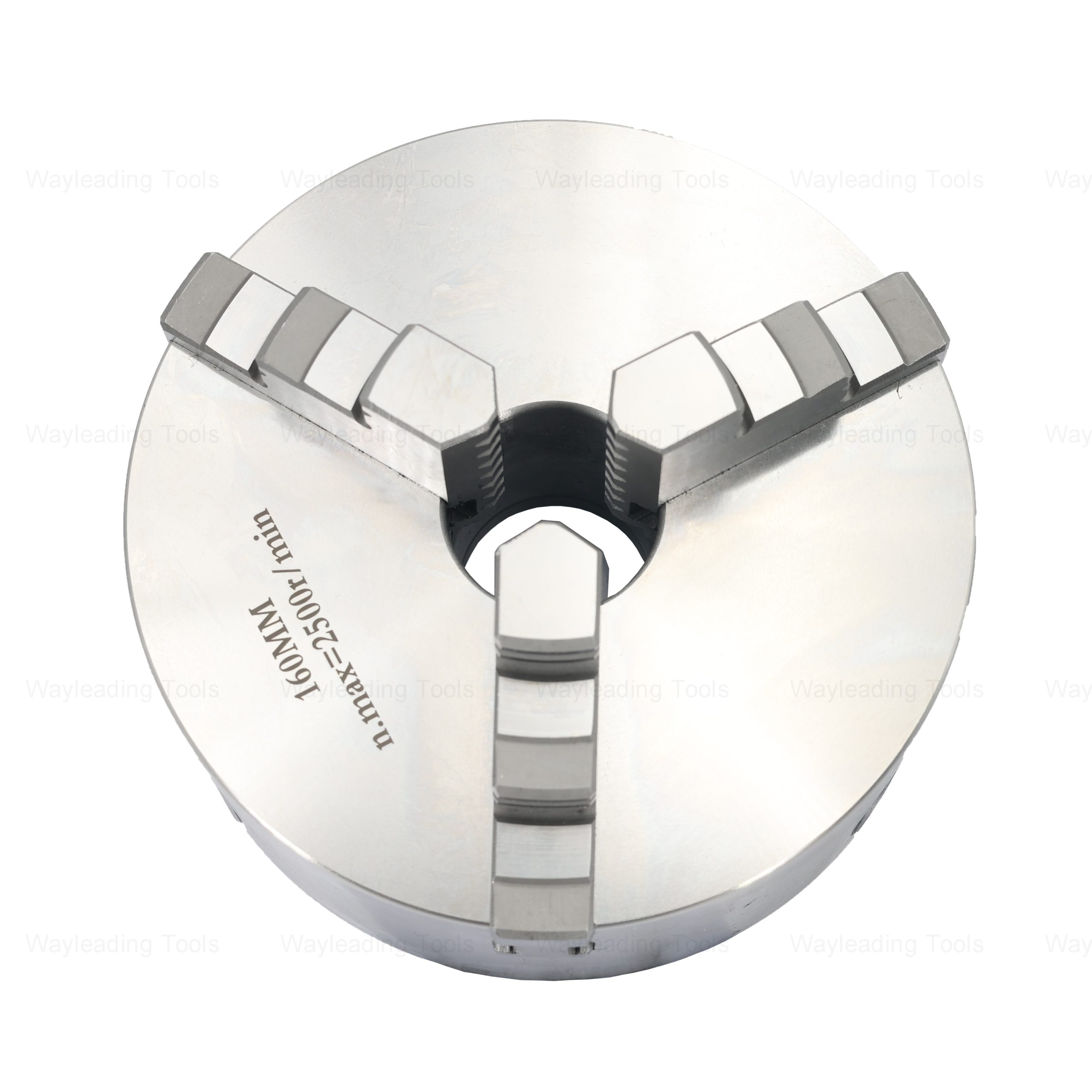 K11 Series 3-Jaw Self-Centering Lathe Chuck – Scroll Type, for Manual Lathes
K11 Series 3-Jaw Self-Centering Lathe Chuck – Scroll Type, for Manual Lathes -
 Precision Straight Shank To Morse Taper Adapter
Precision Straight Shank To Morse Taper Adapter -
 Precision Micrometr Holder For Micrometer
Precision Micrometr Holder For Micrometer -
 Precision V Block And Clamps Set With Customized Type
Precision V Block And Clamps Set With Customized Type -
 30PCS HSS Metric And Inch Size MINI Tap & Die Set
30PCS HSS Metric And Inch Size MINI Tap & Die Set -
 HSS Annular Cutters With Weldon Shank For Metal Cutting
HSS Annular Cutters With Weldon Shank For Metal Cutting -
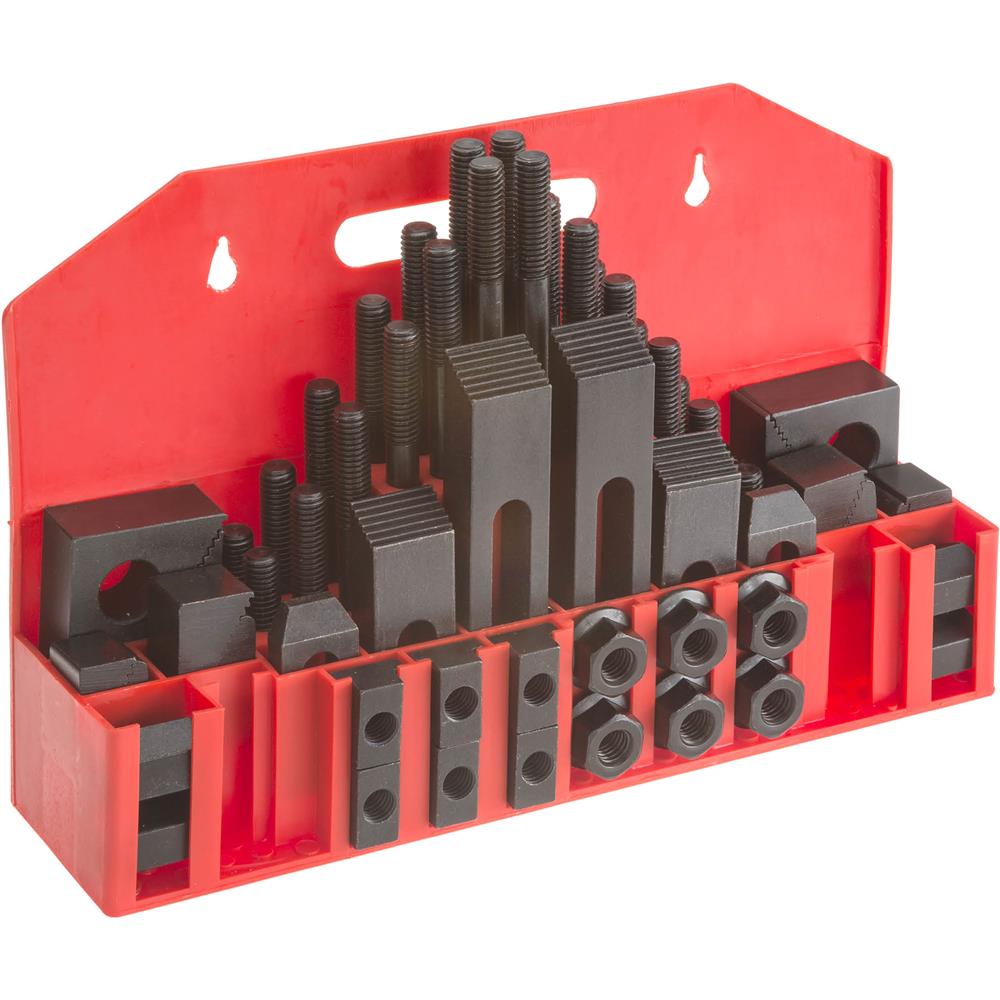 58pcs Clamping Kit With Metric & Inch Size
58pcs Clamping Kit With Metric & Inch Size -
 Precision Digital Bore Guage From 6-450mm Range
Precision Digital Bore Guage From 6-450mm Range -
 Boring Head Shank For Boring Head With Industrial Type
Boring Head Shank For Boring Head With Industrial Type -
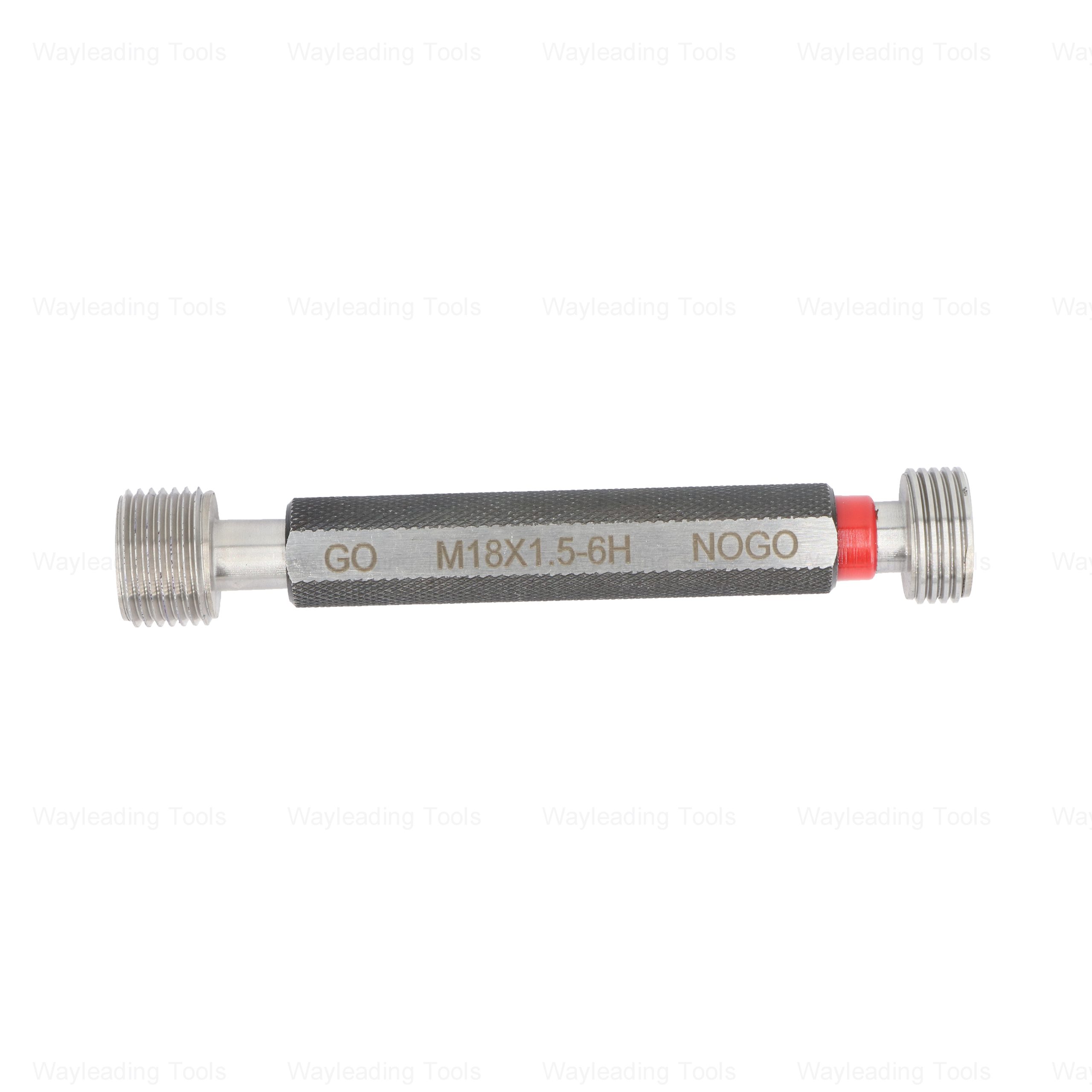 High-Precision Metric Thread Plug Gauge – 6H Class, GO & NO-GO Ends
High-Precision Metric Thread Plug Gauge – 6H Class, GO & NO-GO Ends -
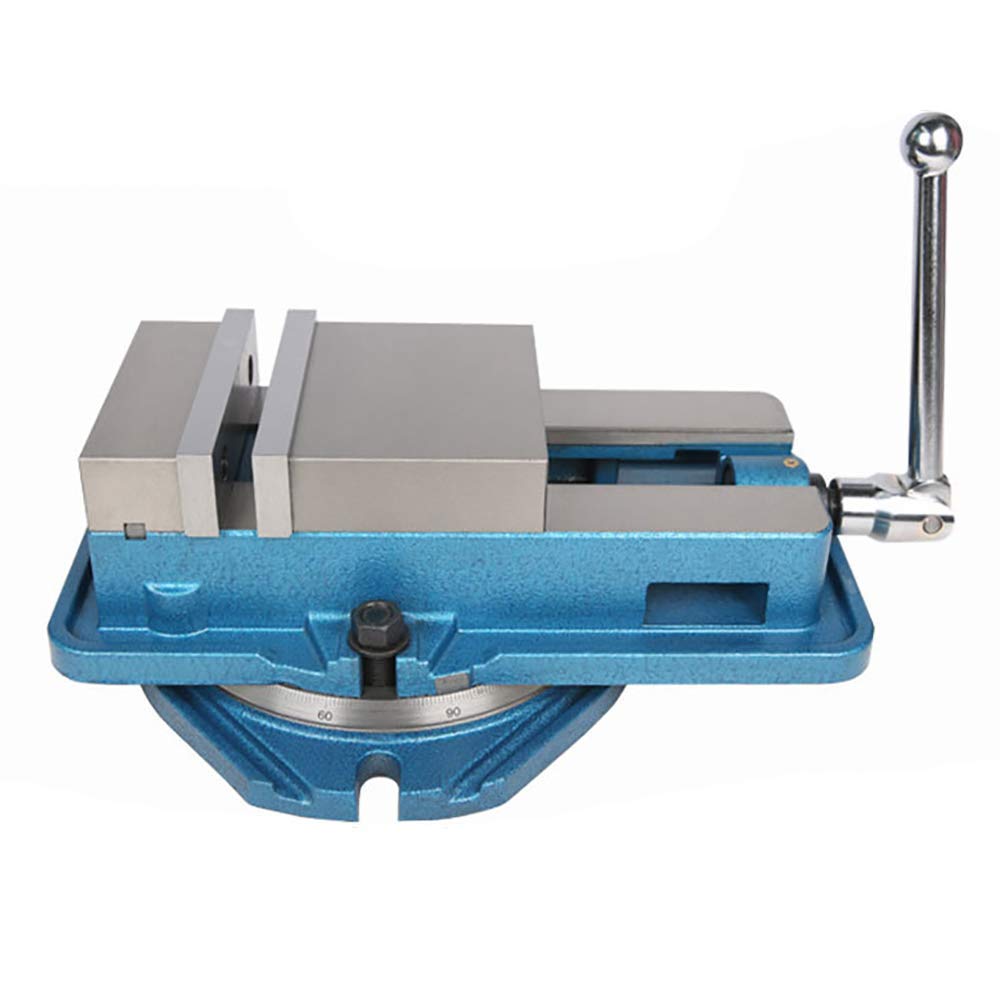 QM ACCU-Lock Precision Machine Vises With Swivel Base
QM ACCU-Lock Precision Machine Vises With Swivel Base


